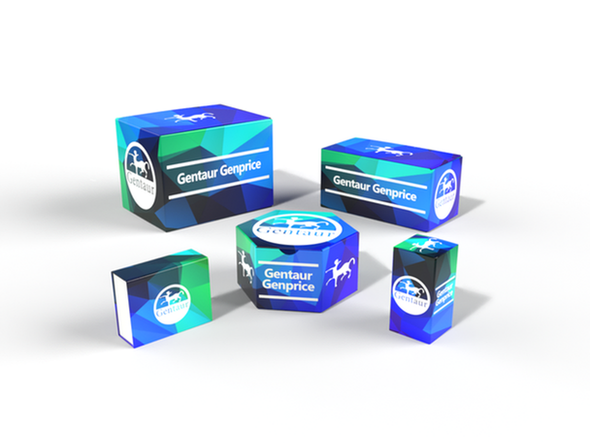BW
Ribosomal Protein L7 Polyclonal Antibody | BS65344
- SKU:
- BW-BS65344
- Availability:
- Usually ships in 5 working days
Description
Ribosomal Protein L7 Polyclonal Antibody | BS65344 | Gentaur UK, US & Europe Distribution
Host: Rabbit
Reactivity: Human,Mouse,Rat
Application: WB,IHC-p,IF (paraffin section),ELISA
Application Range: Western Blot: 1/500 - 1/2000. Immunohistochemistry: 1/100 - 1/300. ELISA: 1/10000. Not yet tested in other applications.
Background: ribosomal protein L7 (RPL7) Homo sapiens Ribosomes, the organelles that catalyze protein synthesis, consist of a small 40S subunit and a large 60S subunit. Together these subunits are composed of 4 RNA species and approximately 80 structurally distinct proteins. This gene encodes a ribosomal protein that is a component of the 60S subunit. The protein belongs to the L30P family of ribosomal proteins. It contains an N-terminal basic region-leucine zipper (BZIP) -like domain and the RNP consensus submotif RNP2. In vitro the BZIP-like domain mediates homodimerization and stable binding to DNA and RNA, with a preference for 28S rRNA and mRNA. The protein can inhibit cell-free translation of mRNAs, suggesting that it plays a regulatory role in the translation apparatus. It is located in the cytoplasm. The protein has been shown to be an autoantigen in patients with systemic autoimmune diseases, such as systemic lupus erythematosus. As is typical
Storage & Stability: Store at 4°C short term. Aliquot and store at -20°C long term. Avoid freeze-thaw cycles.
Specificity: The antiserum was produced against synthesized peptide derived from human RPL7. AA range:199-248
Molecular Weight: ~32 kDa
Note: For research use only, not for use in diagnostic procedure.
Alternative Names: RPL7; 60S ribosomal protein L7
Immunogen: The antiserum was produced against synthesized peptide derived from human RPL7. AA range:199-248
Conjugate: Unconjugated
Modification: Unmodification
Purification & Purity: The Antibody was affinity-purified from rabbit antiserum by affinity-chromatography using epitope-specific immunogen.
Pathway:










